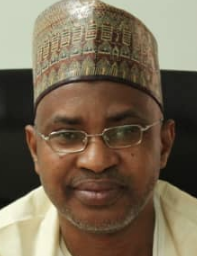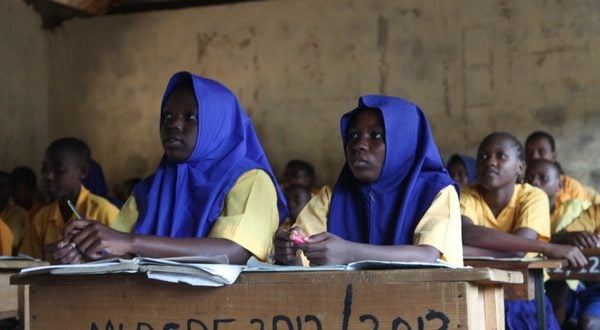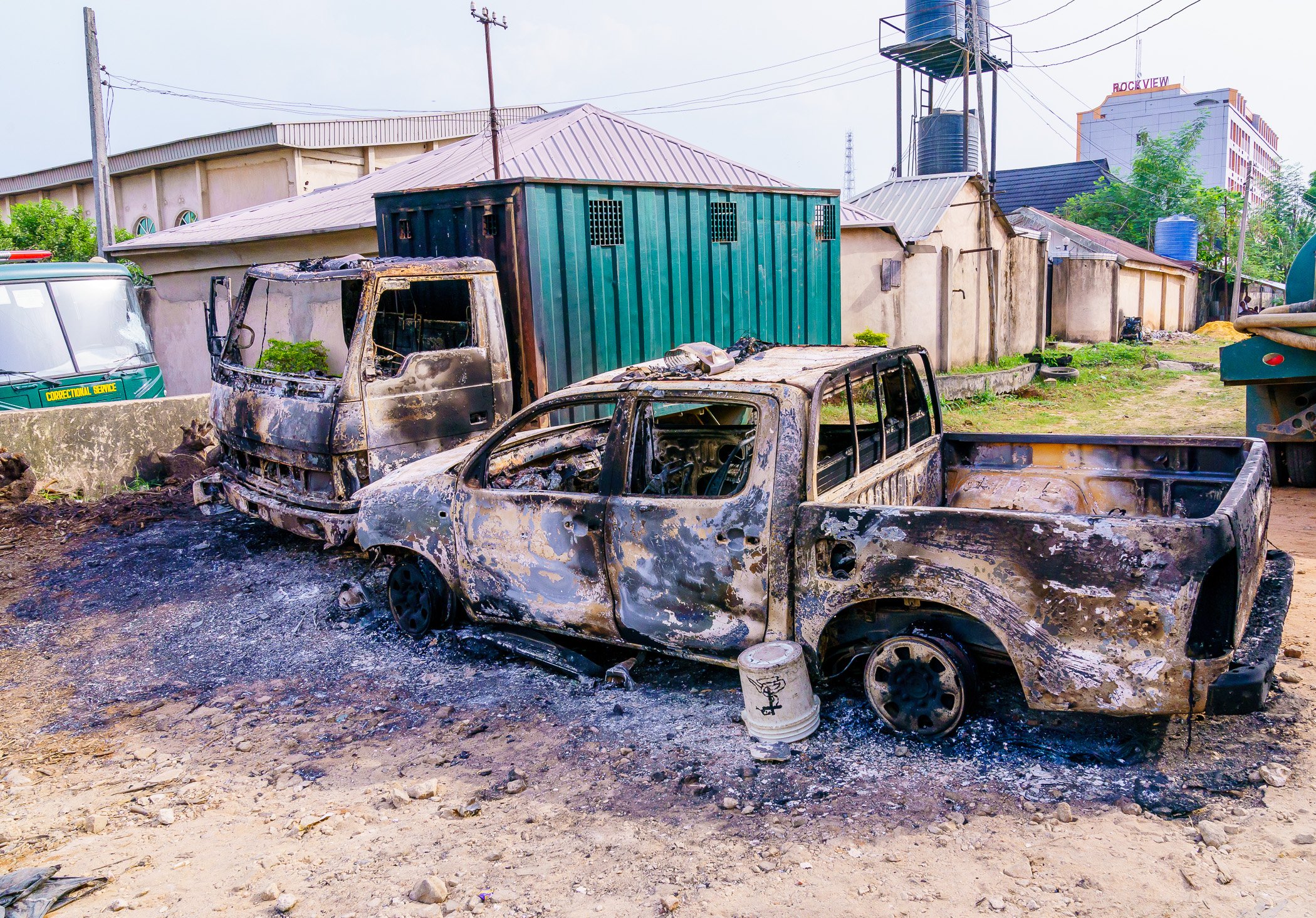Hijab controversy: 10 schools to remain shut, says Kwara
Was it a pure coincidence that, as trouble was brewing in Kwara State recently, a solution was being considered in the lower House of the National Assembly? The trouble in Ilorin, the capital of Kwara State, was over the refusal of some Christian faith-based schools to allow Muslim students to wear hijab to the schools. The solution to this impasse is to be found in the ‘Religious Discrimination (Prohibition, Prevention) RDPP Bill, 2021, which is being derisively tagged Hijab bill by a section of the Nigerian media. Both events sparked heated and often emotional debates that, at the bottom of it all, threaten Nigeria’s multicultural identity and reality. The refusal to address the rights of people to express their religious identities negates the concept of equality, and basic human rights and will not promote the inextricable multicultural reality of Nigeria as a nation.
The whole idea of proprietors in Kwara state schools banning hijab-adorning Muslim students and the sympathizers of that action, can be reduced to ‘’what not to wear in public.’’ This is also the major concern of the RDPP bill that is before the House of Representatives—the humiliation and denial of opportunities that female Nigerians are faced with because of what they wear in public. The Kwara Hijab attempted ban was clearly aimed to breach of the fundamental human rights of the Muslim students to express their faith without discrimination, even though the school may defend their positions. The bill, on the other hand, is trying to assert this right not only for Muslims but also for Christians, wherever or whenever they are threatened with discrimination based on their professed faiths.
The flaws in the go elsewhere argument
The argument of the proprietors of the Kwara Christian faith-based schools, is that Muslim children should go to other schools if they don’t want to conform with their dress code. The problems with this argument are many. First, it does very little to promote inclusiveness, which is the bedrock of our multicultural and multi-religious society. Second, the position begs the moral question: is it justifiable for a school to base its rule on its Christian majoritarian demography? The third argument against ‘’go elsewhere’’ appears to ignore the difficulties and inconveniences of changing school for a child. Educational psychologists will tell you, such changes interfere negatively with not only the child’s emotional but academic developments. Finally, by pursuing such a policy, the Christian faith schools risk what is called ghettorization, by concentrating students with the same religious beliefs in particular learning centres. The social cost this exacts on the society is enormous. Nigeria, and indeed the world, has realised this and have since moved away from this model of schooling. No wonder, the government of Kwara state did not ask Muslim students to conform to the schools’ uniform rule. Instead, Commissioner of Education Kemi Adeosun argues that, “the government is convinced that its policy to allow willing Muslim schoolgirls to wear their hijab in public schools will lead to sustainable peace and communal harmony anchored on mutual respect and understanding.”
Advertisement
In a country that guarantees freedom of religion, which also signed the declaration of International Human Rights, the basic question to ask is: how justifiable is it to deny a Nigerian child access to a school of his choice on the basis of his religion? This, I am sure, is the concern, if not the dilemma, of the Kwara State Government. Nigeria is a signatory to the Universal Declaration on Human Rights (UDHR), which insists that all human beings are free and equal, regardless of colour, creed or religion. The Declaration contains 30 articles on rights and freedoms that include, among others, civil and political rights, the right to life, free speech and privacy. It also includes economic, social and cultural rights, like the right to health and education. I find articles 18 and 26 of UDHR very relevant to the issue under consideration and quote them in full below:
Article 18: Everyone has the freedom to think or believe what they want, including the right to religious belief. We have the right to change our beliefs or religion at any time, and the right to publicly or privately practise our chosen religion, alone or with others.
Article 26: Everyone has the right to education. Primary schooling should be free. We should all be able to continue our studies as far as we wish. At school we should be helped to develop our talents, and be taught an understanding and respect for everyone’s human rights. We should also be taught to get on with others whatever their ethnicity, religion, or country they come from. Our parents have the right to choose what kind of school we go to.
Advertisement
These types of laws were the instruments that gave Muslims like Ilhan Omar, the equality to sit in the House of Representatives in the United States of America, wearing her Hijab without any form of molestation or discrimination. Ilhan Abdullahi Omar is an American politician serving as the US Representative for Minnesota’s 5th congressional district since 2019. The Congresswoman is a member of the Democratic Party.
Significantly, the RDPP bill which is sponsored by the Deputy Chairman of the House of Representatives’ Committee on Finance and member representing Bida/Gbako/Katcha Federal Constituency of Niger State, Hon. Saidu Musa Abdullahi, is seeking to address discriminatory conducts and prohibits religious discrimination concerning hiring or recruitment, as well as terms and conditions of employment. Specifically, the law when eventually signed, will prohibit qualifying and professional bodies, educational institutions, employment agencies, and other sectors from discriminating against persons, students or personnel based on their religious beliefs or their manifestation. The law will bury the likes of Kwara State attempted Hijab ban for good.
It will also address the bigotry of some employers, or those executives who take their prejudices to public office and allow them to becloud their sense of judgment. The saga of Hawawu Saliu Olatunji and Amasa Firdaus, among the many women, who were discriminated against on the basis of their religious manifestation, readily comes to mind.
The law will not introduce anything new but will only expatiate on the provisions of Nigeria’s constitution and the UDHR document as explained above. It will be in line with similar laws passed recently in the country seeking to tackle social menace and harmful cultural practices. For example, the Disability Law, and the Violence Against Persons Prohibition (VAPP), seek to eradicate all forms of discrimination based on a person’s disabilities, and address domestic and other gender-based violence respectively.
Advertisement
Contrary to critics, the RDPP bill is not seeking to enthrone a state religion on any state that may domesticate the law which it eventually comes to being . In addition, it does not go against Section 10 of the Nigerian Constitution that says “the Government of the Federation or of a State shall not adopt any religion as State Religion.” To peddle this argument because the bill calls on the general public to respect the rights of Muslim women that wear Hijab in public spaces, only smacks of Islamophobia. In the final analysis, to deny a Nigerian — male or female — his or her religious freedom, negates our multicultural pretenses, the concept of equality, and basic human rights as enshrined in Nigeria’s constitution and the Universal Declaration of Human Rights legal document. In fact, a proposed legislation that will criminalize such discriminations like the RDPP bill, is in tandem with the quest for religious tolerance and harmony, that the world yearns for and strives to promote over and above the bigotry of those who stand in the way of such freedom.
Hassan wrote this article from Abuja
Views expressed by contributors are strictly personal and not of TheCable.







